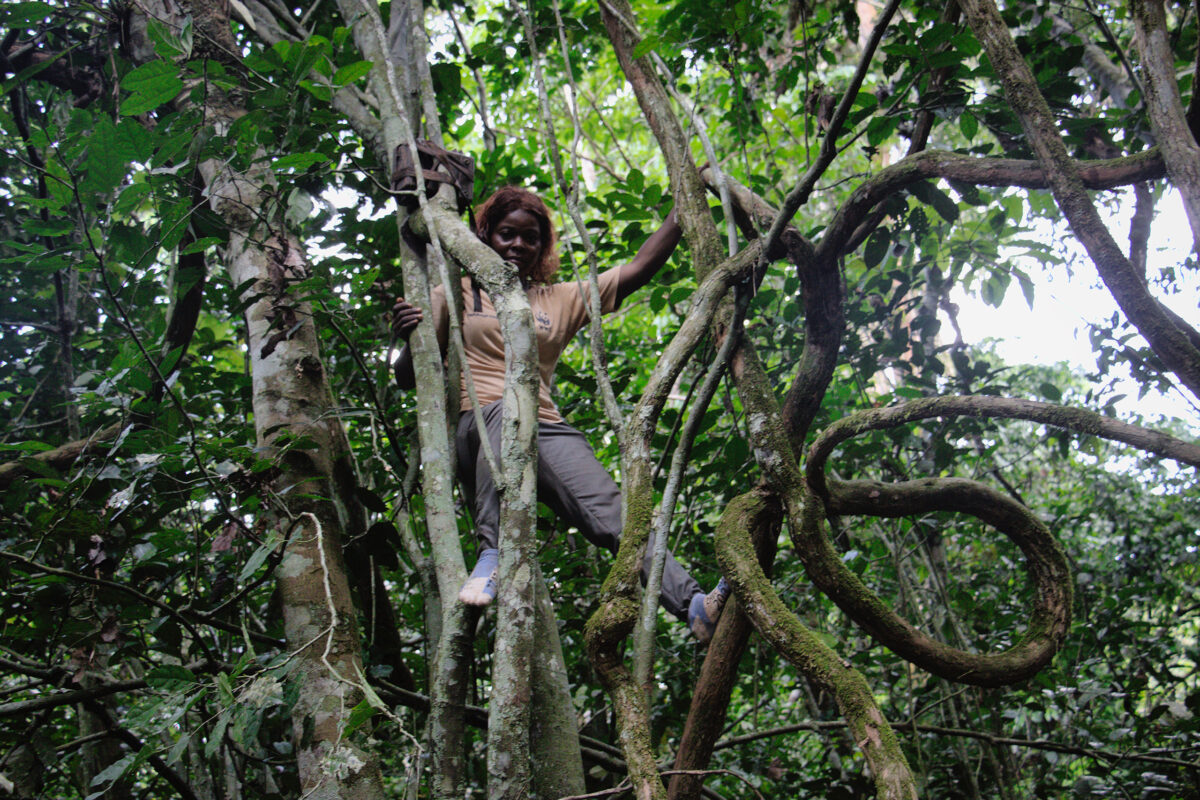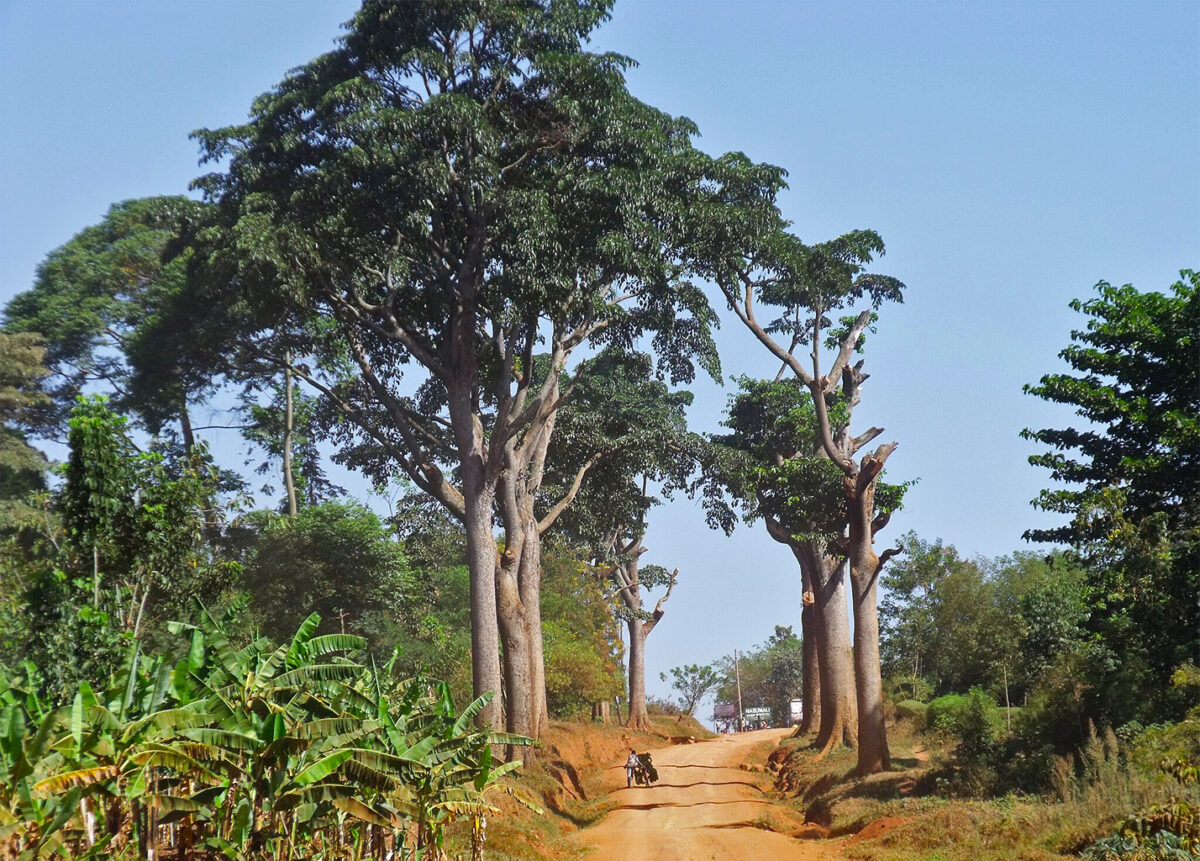How one woman rose from porter to conservation leader
In the damp undergrowth of Cameroon’s Lobéké National Park, where forest elephants slip through the forest unheard and gorillas emerge with the dusk, one woman charts a course both personal and profound.
Marlyse Bebeguewa was once just a name on the roster of porters, hauling gear for others. Today, she is at the forefront of conservation in one of Central Africa’s richest but least accessible protected areas, report David Akana and Yannick Kenné.
Born in 1987 into a Bantu family, Bebeguewa was raised by her mother after her father died assisting scientists in the forest. Financial hardship forced her to leave school early. But rather than succumb to circumstance, she followed a trail—both literal and metaphorical—blazed by her father. At 18, she took a job as a porter. A year later, she trained as a guide. By 2014, when Lobéké’s management sought ecological monitoring assistants, she was the only woman selected—and promptly made team leader.
Her rise, achieved without formal education beyond secondary school, reflects the latent capacity often overlooked in local communities. It is also an implicit rebuke to a conservation model that has historically marginalized Indigenous and local actors, especially women.
Now a consultant with WWF, Bebeguewa uses acoustic sensors and camera traps to track endangered species and detect threats, merging new technology with on-the-ground knowledge. She mentors other women and works to bridge divides between Bantu and Baka communities—relationships that remain fraught in a region marked by deep inequities.
Yet the barriers she confronts are not just cultural or gendered. Lobéké remains chronically underfunded, difficult to reach, and underutilized as a tourism asset.
“We need more communication tools,” she says, referring to the basic radios shared among teams.
Still, Bebeguewa endures. Her work is both an act of remembrance and an investment in the future. She has built a home, educated her children, and dreams of a day when her descendants might take up the same cause.
“Even if I’m no longer working there someday, I hope my children or grandchildren will continue in this field.”
Conservation, for her, is not an abstract endeavor. It is daily, physical, communal.
And it begins, as hers did, with the simple act of showing up.

